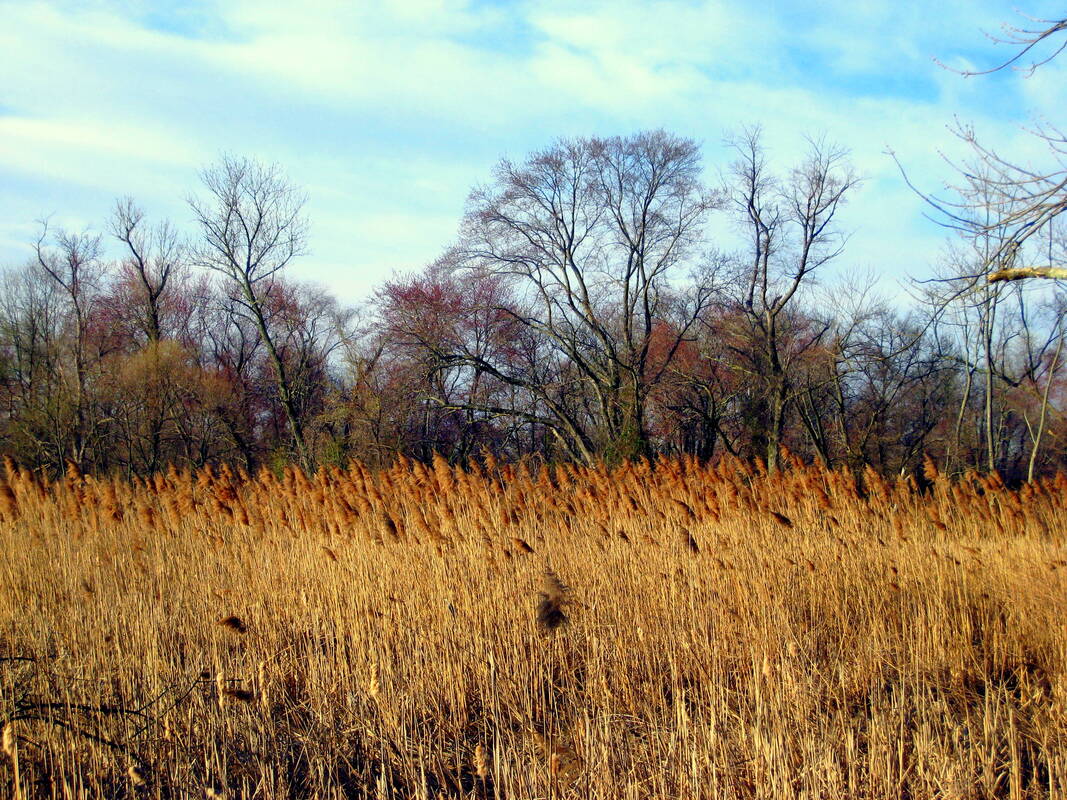
My work on eco-literate pedagogy has drawn heavily on place-based, and place-conscious education. In 2003, David A. Gruenewald wrote perhaps the most cited literature review of place-based educational theory, in which he draws together the already long-standing tradition of "place-based education" with "critical pedagogy." Since Gruenewald has become a defining figure for place-based pedagogy since 2003, it seems important to revisit Gruenewald, looking at whose place-based scholarship Gruenewald was drawing on, and distinguish place-based education from more recent innovations using the name place-based and place-conscious education, which have probably drawn more on critical pedagogy than place-based education up to and including Gruenewald. In this post I'm drawing heavily on Gruenewald's 2003 article, "The Best of Both Worlds: A Critical Pedagogy of Place," which is locked behind a paywall on the Sage Journals website. All apologies for my readers that cannot access the original. Capitalism sucks.
Gruenewald claims that then place-based education "lacks a specific theoretical tradition," (despite book-length theories by Esteva & Prakash, Orr, and Theobald, each classics of place-based education, among others) and draws from three disciplines "claiming place as a guiding construct."
- Outdoor education
- Environmental and ecological education
- Rural education
- Introduction
- Critical Pedagogy's Social Context
- Ecological Place-Based Education
- A Critical pedagogy of Place: Decolonizing and Reinhabitation
- Conclusion
Gruenewald, in addition to discussing place as ecological throughout, includes a sub-section on "The Critical Ecological Challenge." Gruenewald writes, "The ecological challenge to critical pedagogy is to expand its socio-cultural analysis and agendas for transformation to include an examination of the interactions between cultures and ecosystems." The seminal place-based theorists that Gruenewald references, like Chet Bowers, David Orr, Gustavo Esteva, and Madhu Suri Prakash (my philosophy professor at Penn State), critiqued critical pedagogy for its individualism and its anthropocentrism. They demand the recognition of "traditional cultural knowledge ... as a form of moral authority" and suggest eco-justice be a framework for educational theory and practice. What is the aim of this pre-Gruenewald place-based education? "People must be challenged to reflect on their own concrete situationality in a way that explores the complex interrelationships between cultural and ecological environments." (Gruenewald continues this pair, cultural and ecological, throughout the paper, and even ends it as such).
The section on place in Gruenewald is titled "Ecological Place-Based Education." I guess someone who was entirely unfamiliar with any of the early place-based theorists might think that the name implies there were non-ecological place-based education going on. There were not. As Gruenewald writes, "Critical place-based pedagogy cannot be only about struggles with human oppression [this is what critical pedagogy had done to this point, which was its great failing]. It also must embrace the experience of being human in connection with the others and with the world of nature, and the responsibility to conserve and restore our shared environments for future generations."
Sadly, this is exactly what many place-based and place-conscious theorists have done since--disconnected the human from nature (an offense to many indigenous knowledge systems place-based education comes out of). That is current place-based scholars' great malpractice, to take a theory that is intrinsically ecological, and suggest it can be done without being ecological. Shame! But such a common theme for Western scholarship through the ages.
So, why do so many scholars today want to use the name place-based education to validate their environmentally silent scholarship? Don't they realize the world is being destroyed, and they might say something that can make it better? How do they get away with this obvious malpractice in a supposed peer-review? I suspect, because Gruenewald draws heavily on critical theory (the Illich/Freire disagreements of the 1980s were so heated because critical pedagogy has been slow on recognizing any ecological challenges people face), place-based education can be co-opted as another way to preach the gospel of critical pedagogy. Perhaps its a way of scholars validating their destructive suburbanite lifestyles. Or maybe its just another U.S. scholarly discipline co-opting of indigenous knowledge systems while claiming criticality. But as Madhu repeated many times throughout my course and discussion since with her--our teaching MUST challenge our lifestyles. I challenge today's place-based and place-conscious theorists and pedagogues to again challenge themselves as the roots of place-based education requires. It is challenging. It is hard. But it is needed.
DJS
(image)
 RSS Feed
RSS Feed
